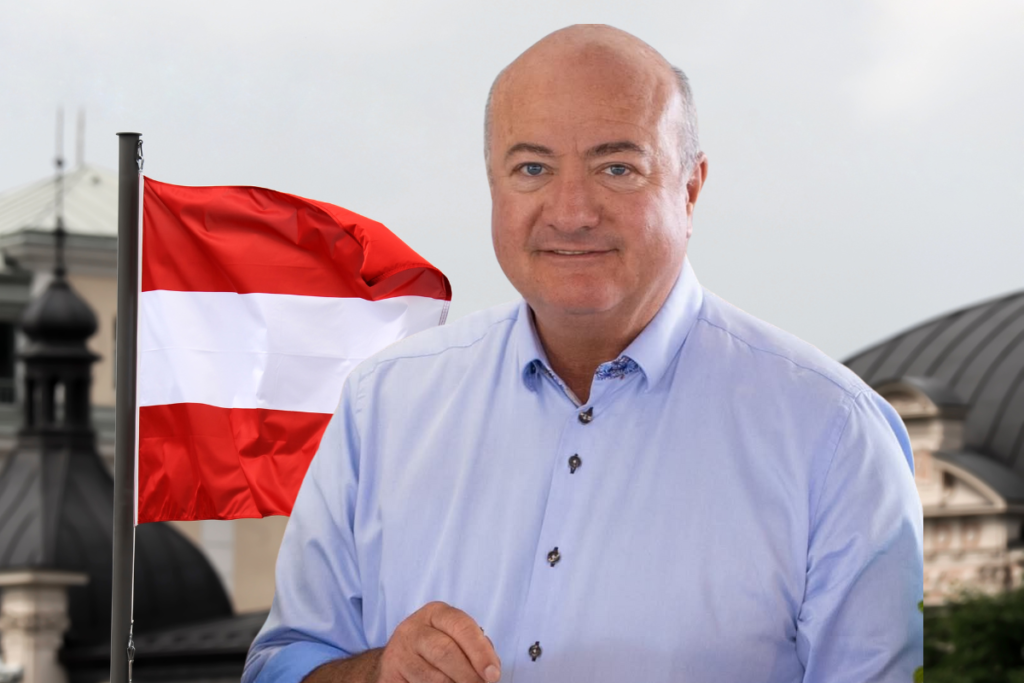Nigel Farage has proposed a controversial plan to reignite Wales’ industrial backbone by bringing back coal mining and reopening blast furnaces in Port Talbot. The Reform UK leader declared his intention to restore domestic steel production, criticizing what he described as a “self-defeating obsession” with net-zero policies. According to Farage, Wales has suffered from years of political neglect and misguided environmental targets that have prioritized ideology over jobs.
Farage’s remarks come after Tata Steel confirmed plans to close the blast furnaces at Port Talbot, one of the UK’s last large-scale steelworks, in favor of electric arc furnaces. While that shift is designed to reduce emissions and modernize production, the decision is expected to cost thousands of jobs in the region. For Farage, this represents the latest blow to traditional industries that once formed the foundation of the local economy.
His vision is clear: re-open coal mines, bring back furnaces, and make Wales a hub for steel manufacturing again. Farage argues that domestic steel is not only an economic necessity but also a national security issue. In a world increasingly shaped by global instability, he said, relying on imported steel from foreign powers is a strategic risk the UK can no longer afford.
The proposal has sparked intense debate. Supporters view the plan as a bold and unapologetic return to economic realism. They believe it will create well-paid jobs, strengthen regional identity, and reduce dependence on overseas suppliers. Opponents, however, see the idea as a step backward. Environmental groups and green policy advocates say reopening coal mines and restarting blast furnaces is incompatible with the UK’s legally binding climate goals.
Farage, undeterred by criticism, insists that technology can be used to minimize emissions and that the immediate priority must be economic security. He maintains that his proposal would use cleaner processes and impose stricter environmental controls than existed in the past. Still, the optics of reviving coal-based industries are politically charged.
As the next general and regional elections near, Farage’s industrial pitch is likely to become a focal point of his campaign, especially in former Labour strongholds disillusioned with the political mainstream. Whether his vision will translate into real policy or remain symbolic rhetoric will depend on how much traction Reform UK gains in the coming months.



